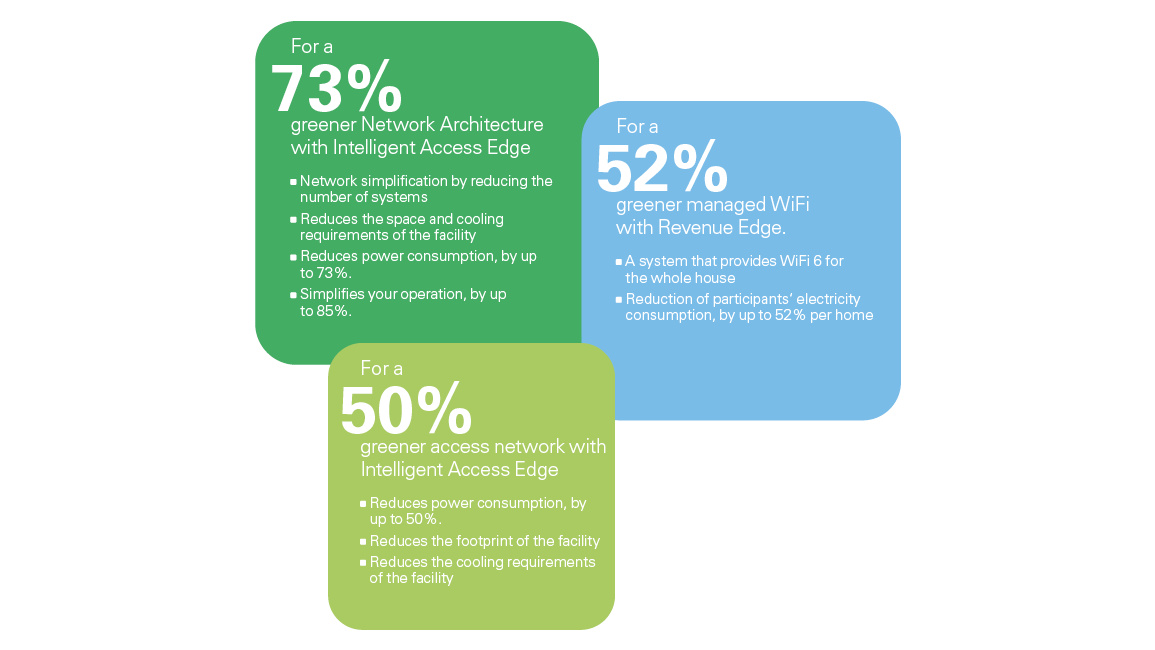Due to the surge in global data usage, during the COVID pandemic, CO2 emissions from the ICT industry currently account for about 3-4% of global emissions, according to a BCG report from 2021.
Particularly perplexing is the fact that emissions are thus about twice as high as those of the aviation industry, which is under much more scrutiny.
But how exactly do telecommunications providers impact the environment? And what can companies do to improve their carbon footprint?
For many years, little attention was paid to the impact of the telecommunications industry on the environment. This has changed significantly in recent years and the significance of emissions, and their consequences are increasingly being discussed. In that context is important to understand the different emission categories:
- Scope 1 emissions: Emissions resulting from the direct combustion of fossil fuels.
- Scope 2 emissions: Arising from the purchase of energy and heat
- Scope 3 emissions: Are caused by upstream and downstream activities, such as supplier energy consumption.
The latter is by far the category with the largest impact, typically accounting for more than two-thirds of a telecommunications company's total output, and in some cases more than 90%.
Telecommunications companies are increasingly taking responsibility for their Scope 3 emissions, for example by demanding transparency about their suppliers' footprint, working with them to improve it, and including it as a criterion in the selection process for new suppliers.
But you can and should do much more than just reduce your own emissions
In addition, telecommunications companies have a historic opportunity to positively influence their supplier’s carbon footprint by offering smart products and solutions and, incidentally, boost their B2B business.
And what does BN do in terms of sustainability in the access sector?
Building the most efficient network possible is not just about reducing the management and maintenance required to operate the network. It is also about reducing the overall demand for space, power and cooling.
In Calix we have found a partner who places great emphasis on sustainability. For the most environmentally friendly network you have ever had!



